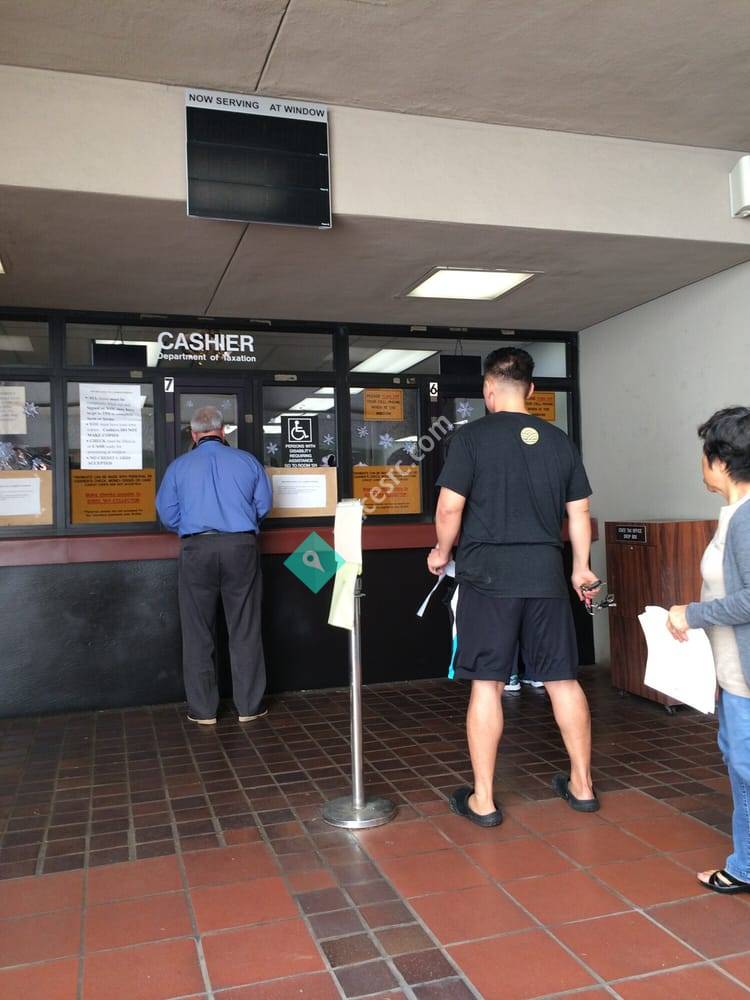Hawaii State Taxation
Are you a resident of Hawaii or planning to move there? If so, it’s important to understand the state taxation system in Hawaii. Hawaii, often referred to as paradise, is not only known for its beautiful beaches and breathtaking landscapes but also for its unique tax laws. In this article, we will delve into the details of Hawaii state taxation to help you navigate the system and understand your tax obligations.
Hawaii State Income Tax
One of the primary forms of taxation in Hawaii is the state income tax. Hawaii has a progressive income tax system, meaning that the tax rate increases as your income level rises. The state income tax rates range from 1.4% to 11%, with different tax brackets for individuals and married couples filing jointly.
Tax Brackets
Here are the tax brackets for individuals in Hawaii for the year 2021:
– 1.4%: Up to $4,800
– 3.2%: $4,801 – $9,600
– 5.5%: $9,601 – $14,400
– 6.4%: $14,401 – $19,200
– 6.8%: $19,201 – $24,000
– 7.2%: $24,001 – $36,000
– 7.6%: $36,001 – $48,000
– 7.9%: $48,001 – $150,000
– 8.25%: $150,001 – $175,000
– 9%: $175,001 – $200,000
– 10%: $200,001 – $300,000
– 11%: $300,001 and above
For married couples filing jointly, the tax brackets are slightly different. The tax rates range from 1.4% to 11% as well, but the income thresholds are higher.
Tax Credits and Deductions
Hawaii offers various tax credits and deductions that can help reduce your overall tax liability. Some common credits and deductions include:
– Child and Dependent Care Credit: If you incur expenses for the care of a child or dependent, you may be eligible for a credit of up to $5,720 per child or dependent.
– Education Tax Credits: Hawaii offers tax credits for higher education expenses, including the American Opportunity Credit and the Lifetime Learning Credit.
– Retirement Savings Contributions Credit: If you contribute to a retirement savings account, you may be eligible for a credit of up to $2,000 per person.
It’s important to explore these credits and deductions to ensure you are taking full advantage of the tax benefits available to you.
Hawaii General Excise Tax (GET)
Aside from the income tax, Hawaii also imposes a general excise tax (GET) on most business activities. The GET is not a sales tax but rather a tax on business gross income. The current tax rate for most businesses is 4%, but certain activities such as insurance commissions and wholesale sales have a higher rate of 0.5%.
Navigating the GET
One unique aspect of the GET is that it is imposed at each level of the production chain. This means that businesses pay the tax on their gross income, and then the tax is also charged when the goods or services are sold to the end consumer. As a result, the cost of the tax is often passed on to the consumer in the form of higher prices.
GET Exemptions
There are certain exemptions from the GET, including groceries, prescription drugs, and medical services. However, it’s important to note that these exemptions are limited, and many essential goods and services are still subject to the tax.
Property Taxes in Hawaii
Another significant aspect of Hawaii state taxation is property taxes. Property taxes are assessed at the county level and vary depending on the location and assessed value of the property. In general, property tax rates in Hawaii are relatively low compared to other states, but the overall tax burden can still be significant due to high property values.
Homeowners’ Exemption
Hawaii offers a homeowners’ exemption, which provides a reduction in property taxes for owner-occupied residential properties. To qualify for the exemption, you must meet certain criteria, such as using the property as your primary residence.
Transient Accommodation Tax (TAT)
If you own a vacation rental or operate a transient accommodation, such as a hotel, in Hawaii, you are also subject to the transient accommodation tax (TAT). The TAT is imposed on the gross rental income from transient accommodations and is currently set at 10.25%.
Frequently Asked Questions
Q: Can I deduct my mortgage interest on my state income tax return in Hawaii?
Yes, you can deduct mortgage interest on your state income tax return in Hawaii. However, there are certain limitations and restrictions, so it’s important to consult with a tax professional or refer to the Hawaii Department of Taxation for specific details.
Q: Are Social Security benefits taxable in Hawaii?
No, Social Security benefits are not taxed by the state of Hawaii. However, other forms of retirement income, such as pensions and 401(k) distributions, may be subject to state income tax.
Q: Are real estate capital gains taxed in Hawaii?
Yes, real estate capital gains are taxed in Hawaii. The tax rate on capital gains depends on your income level and the duration of your ownership. The long-term capital gains tax rates range from 1.4% to 11%.
Final Thoughts
Understanding Hawaii state taxation is essential for residents and businesses alike. Whether it’s the state income tax, general excise tax, or property taxes, being aware of your tax obligations can help you budget and plan accordingly. As always, it’s recommended to consult with a tax professional for personalized advice based on your specific situation. By staying informed and proactive, you can navigate the Hawaiian tax system with confidence and ensure compliance with state tax laws.
